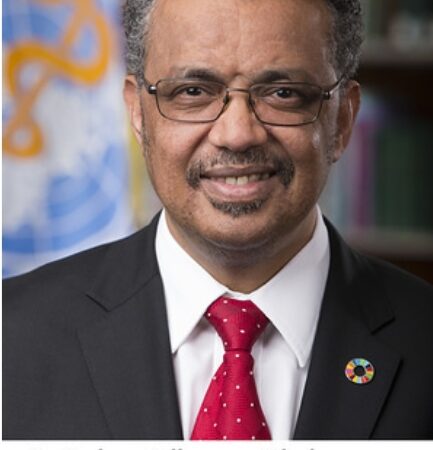G7 leaders commit US$ 4.3 billion to finance global equitable access to tests, treatments and vaccines in 2021
US commits to release a further US$ 2 billion through 2021 and 2022 subject to other donor’s pledge fulfilment and vaccine dose delivery; EU provides US$ 242m in loan guarantees from the EIB
The ACT Accelerator partnership welcomes over US$ 4.3 billion of new investments from the US, Germany, the European Commission, Japan, and Canada to fund the development and equitable rollout of the tests, treatments and vaccines needed to end the acute phase of the COVID-19 pandemic.
Today’s commitments bring the amount committed to date to US$ 10.3 billion, leaving a funding gap of US$ 22.9 billion to fully fund the ACT Accelerator’s work in 2021.
The UK’s commitment to share vaccine surplus with developing countries is also welcomed and joins similar commitments made by Canada, France, Norway and the European Union.
Global health leaders reiterated, however, that without further significant financial commitments, access to COVID-19 tools would be delayed, risking further mutations and prolonging the pandemic everywhere.
Friday 19 February / GENEVA: Commitments made at today’s Virtual G7 leaders meeting hosted by UK Prime Minister Boris Johnson, and at the Munich Security Conference later in the day, signaled significant progress in the global response to the COVID-19 pandemic with an important underscoring of the need for global equity in access to test, treatments, and vaccines.
Leaders recognised that no country can be safe until every country is safe and collectively committed over US $4.3 billion to the ACT Accelerator partnership to develop and distribute effective tests, treatments, and vaccines around the world. https://www.g7uk.org/joint-statement-of-g7-leaders-19-february-2021/
Contributions were made up as follows:
· The US committed initial $2 billion to Gavi, the Vaccine Alliance for the COVAX Advance Market Commitment and a further $2 billion through 2021 and 2022, of which the first $500 million will be made available when existing donor pledges are fulfilled and initial doses are delivered to AMC countries.
· Germany committed US$ 1.8 billion[i] with contributions to all pillars and partners of the ACT Accelerator across tests, treatments, vaccines, and health systems strengthening.
· The European Commission committed US$ 363 million[ii] for the COVAX Advance Market Commitment.
· Japan committed US$ 79 million for the COVAX Advance Market Commitment and UNITAID.
· Canada committed US$ 59 million to the ACT Accelerator.[iii]
In addition, the European Investment Bank is providing a further US$ 242 million[iv] in loan guarantees which will help the ACT Accelerator partnership to frontload future payments to speed up the response.
The UK’s commitment to join Canada, France, Norway and the European Union in sharing its additional vaccine doses with developing countries is a vital step to increase volume of vaccines available worldwide and support rapid reduction of virus transmission amongst some of the world’s our most vulnerable and exposed populations.
The ACT Accelerator initial needs for 2020-2021 were US $38.1 billion. Prior to today, an unprecedented mobilization of sovereign donors, private sectors, philanthropic and multilateral contributors had already committed US $ 6 billion. Considering those pledges, and costs adjustments, today’s new contributions bring the total committed to the ACT Accelerator partnership to US$ 10.3 billion and reduce the funding gap to US$ 22.9 billion.
The next few weeks will be critical for the global COVID-19 response. Further commitments are needed to fully fund the work of the ACT Accelerator and enable the delivery of more than 2 billion doses of vaccine; medical oxygen and millions of treatment doses including dexamethasone and new products, as and when they become available; and over 900 million diagnostic tests including high-quality, lower-cost molecular tests, antigen detection RDTs (Ag-RDTs) and self-tests.
This work will also support the urgent need for rapid R&D, product evaluation, and regulatory pathways for new and modified tests, treatments and vaccines to meet the needs of global response programmes and the threat of new and emerging variants.




